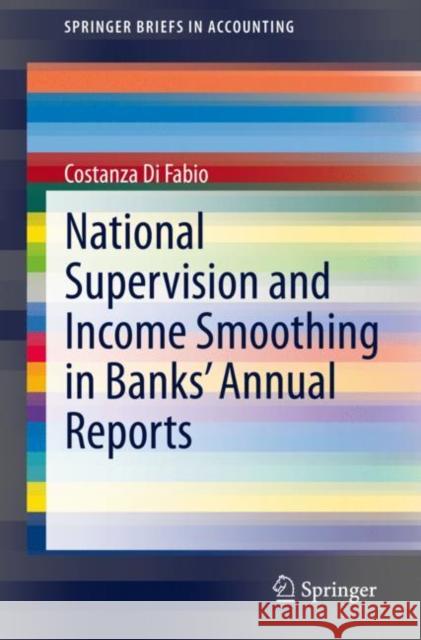National Supervision and Income Smoothing in Banks' Annual Reports » książka
topmenu
National Supervision and Income Smoothing in Banks' Annual Reports
ISBN-13: 9783030740108 / Angielski / Miękka / 2021 / 96 str.
Kategorie:
Kategorie BISAC:
Wydawca:
Springer
Seria wydawnicza:
Język:
Angielski
ISBN-13:
9783030740108
Rok wydania:
2021
Wydanie:
2021
Numer serii:
000774463
Ilość stron:
96
Waga:
0.16 kg
Wymiary:
23.39 x 15.6 x 0.56
Oprawa:
Miękka
Wolumenów:
01
Dodatkowe informacje:
Wydanie ilustrowane











